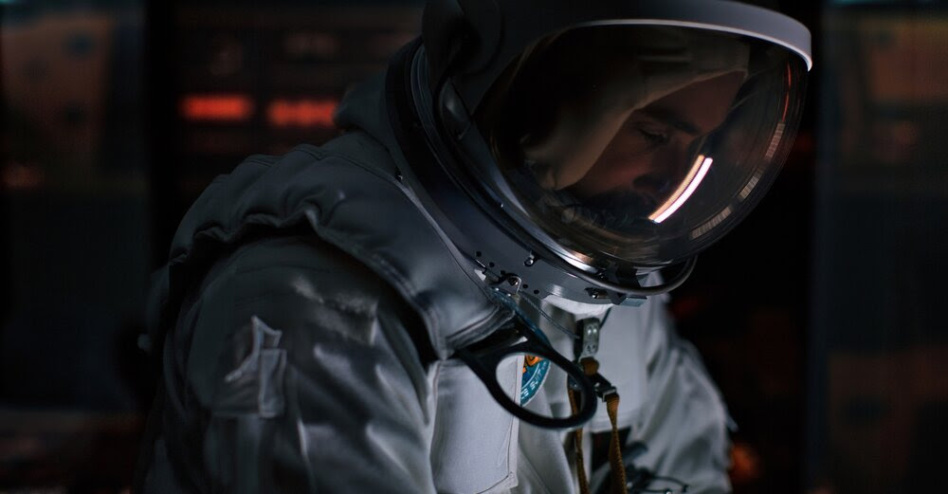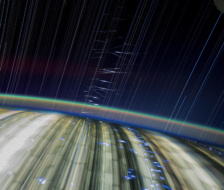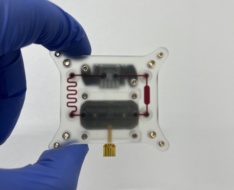Axiom Space will conduct around 25 research experiments on its forthcoming ISS mission, the Houston company said Tuesday. Ax-1’s research portfolio includes senescent cell studies, a two-way hologram demo, and experiments in disciplines that run the gamut from astrophysics to neurology.
Ax-1, 101: Axiom Mission 1 launches in 94 days, give or take. Beyond the research bounties it will bring to orbit, Ax-1 has the added significance of being the first private crewed mission to the ISS.
Axiom is developing human-rated space infrastructure, and brick by brick, building its way to a free-flying LEO outpost. The company was started in 2016 by Michael Suffredini, who had previously worked across town as ISS program manager at NASA.
- Axiom has secured a $140M NASA contract to attach a commercial habitable module to the ISS. It’s raised $171.5M to date, per PitchBook.
- Ax-1 tickets were $55M apiece. Michael López-Alegría, an Axiom VP and former NASA astronaut, will be the mission’s commander.
The long view: Rome and space stations aren’t built in a day. The privatization of human spaceflight activities in LEO takes time. While the gradual handoff happens, NASA will be a key partner for Axiom and others, as an anchor customer and orbital host.




